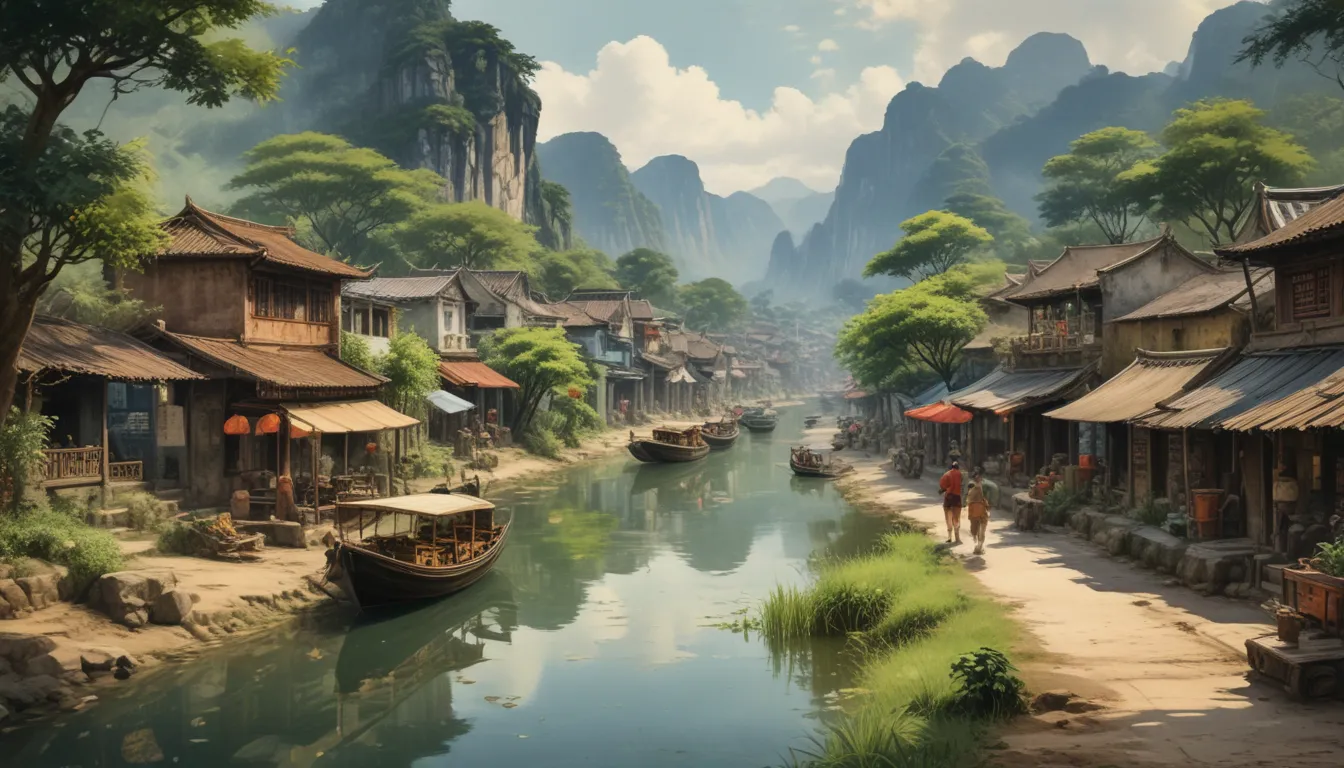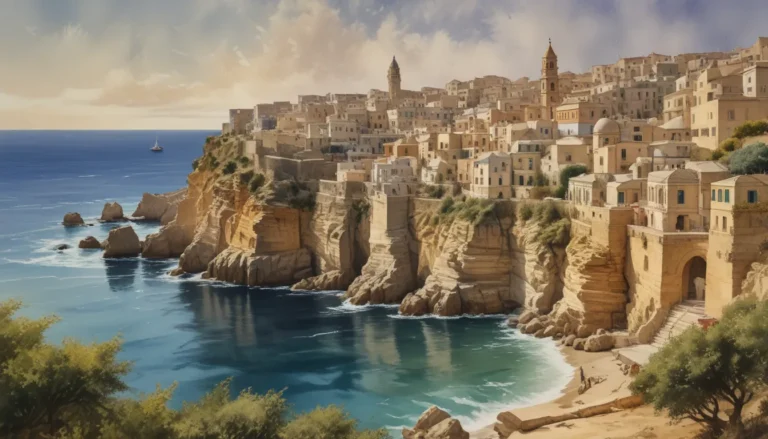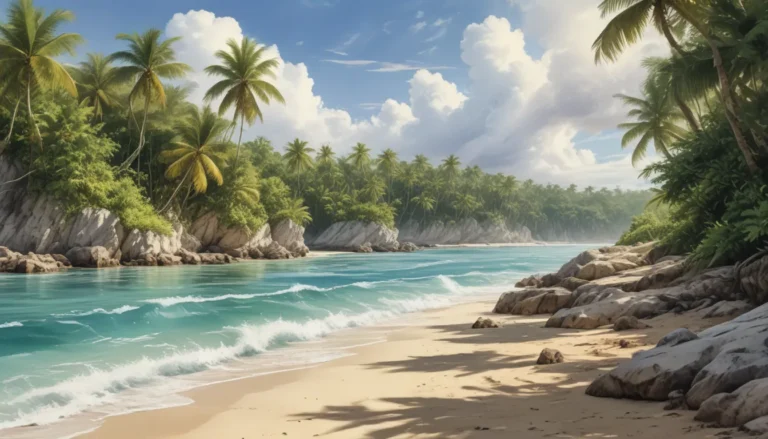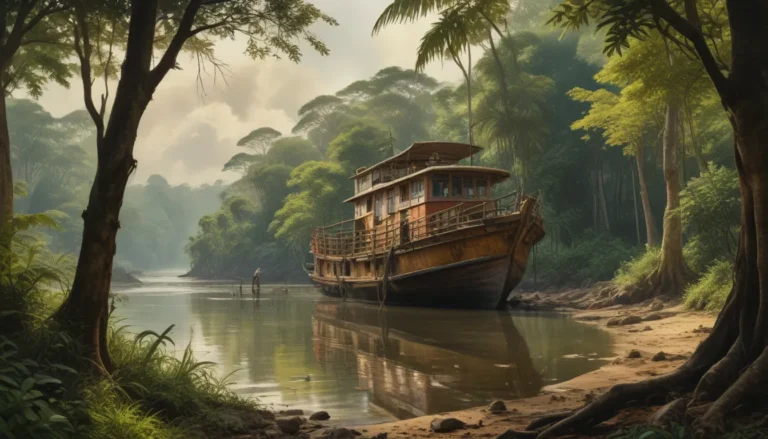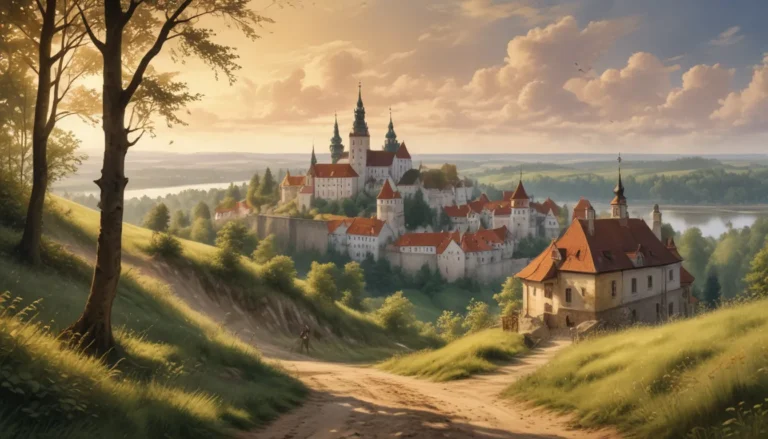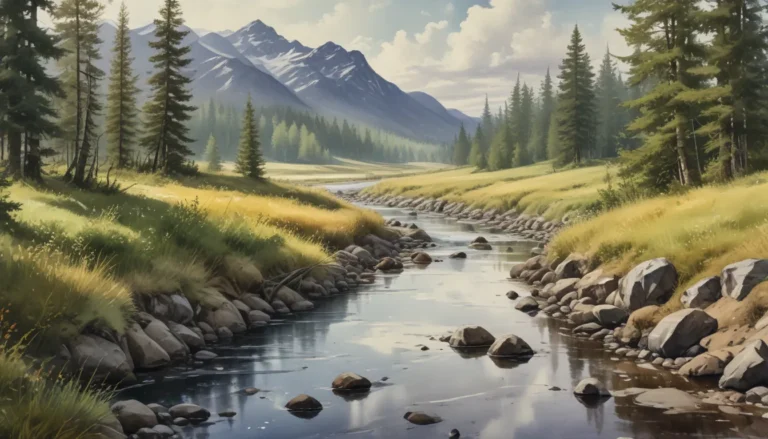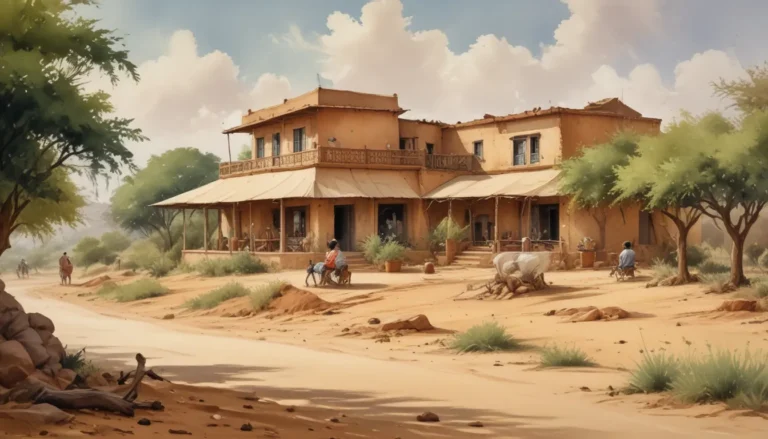The images in our articles are for illustrative purposes only and may not exactly match the content. They are intended to capture your interest and complement the text, not to replace it.
Vietnam is a gem among tourist destinations, boasting beautiful coastlines and rich historical sites. To truly appreciate this vibrant country, it’s essential to understand its history, culture, and culinary traditions. Dive into these fascinating Vietnam facts to uncover the beauty and diversity of this Southeast Asian nation before embarking on your next travel adventure.
Quick Facts
- Originally, Vietnam’s name comes from ‘Viet Nam.’
- Located in Southeast Asia, Vietnam sits on the east of the Indochinese Peninsula.
- Vietnam covers a total area of 331,230.8 square kilometers.
- The capital city is Hanoi, the second-largest city by population.
- As of January 16, 2020, the population of Vietnam is 96,937,812.
Essential Facts
- The largest city in Vietnam is Ho Chi Minh City.
- Vietnam celebrates National Day on the 2nd of September.
- Vietnamese food is divided into three main categories: north, south, and central.
- The average life expectancy in Vietnam is 75 years.
- The international dialing code for Vietnam is +84.
- Vietnam Standard Time is 7 hours ahead of Greenwich Mean Time.
- Education in Vietnam starts with 5 years of compulsory primary school.
- Schools in Vietnam use traditional gongs to call children instead of bells.
- The literacy rate in Vietnam is 94%.
- The currency used in Vietnam is the Vietnamese Dong.
Interesting Facts
- Vietnam is home to Son Doong, the largest natural cave in the world.
- Boil eggs in Bin Chau Hot Springs in Vietnam due to its high temperature.
- Egg coffee is a delicacy in Hanoi, Vietnam.
- Vietnam is three times larger than Tennessee and slightly larger than Mexico.
- Approximately 40% of Vietnamese people are named Nguyen, the most common name in the country.
Vietnam Facts Infographics
- Vietnam’s Borders: Shares land borders with three Southeast Asian countries.
- Climate: Tropical monsoon climate varies across the country.
- Winter in the North: Severe winters in Northern Vietnam.
- Central Summers: Hot and sunny summers in Central Vietnam.
- Southern Climate: Hot and sunny climate in Southern Vietnam.
- Economic Center: Ho Chi Minh City is the national economic hub.
- Ha Long Bay: UNESCO World Heritage Site in Vietnam.
- Highest Peak: Fansipan mountain is Indochina’s highest peak.
- Perfume River: Named after fragrant flowers falling into the water.
- Main Rivers: Crops in Vietnam grown near Red River and Mekong River.
In conclusion, Vietnam is a country rich in history, culture, and culinary delights. By exploring these fascinating facts, you’ll gain a deeper appreciation for this Southeast Asian gem. Whether you’re planning a future trip or simply interested in learning more about Vietnam, these insights offer a glimpse into the beauty and diversity of this captivating nation.
